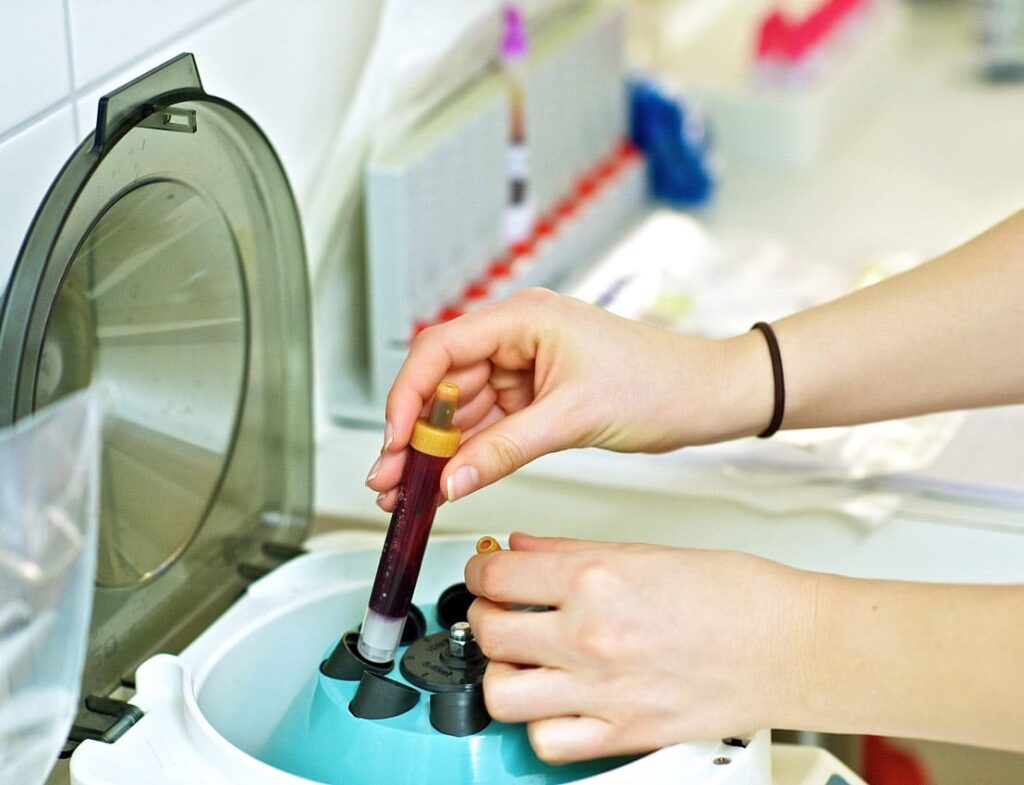Hematology
Hematology is the branch of science that deals with the diagnosis and treatment of all blood diseases. In hematology, blood diseases are basically divided into benign, non-cancerous and malignant, cancerous. Diseases such as thrombotic thrombocytopenic purpura (TTP), immune thrombocytopenic purpura (iTP) and Mediterranean anemia are among benign diseases, while leukemia types are evaluated within the framework of malignant diseases.
Hematology
Hematology, which is a sub-branch of the department of internal medicine, also deals with the diseases of the organs that play a role in blood formation. Therefore, lymphatic organs and bone marrow diseases are also within the specialty of hematologists.
For the diagnosis of hematological diseases, first of all, a detailed history and physical examination should be done. In the light of the findings, laboratory tests and radiological imaging deemed necessary by the physician are performed.

Laboratory tests usually involve methods and analyses such as complete blood count to measure the amount of blood cells and hemoglobin, analysis of hemoglobin subtypes, examination of blood defined as peripheral smear under the microscope, bone marrow aspiration and biopsy, examination of vitamin B12, iron and folic acid levels, examination of coagulation, and functional analysis of blood cells and analysis of proteins produced by immune system cells.



